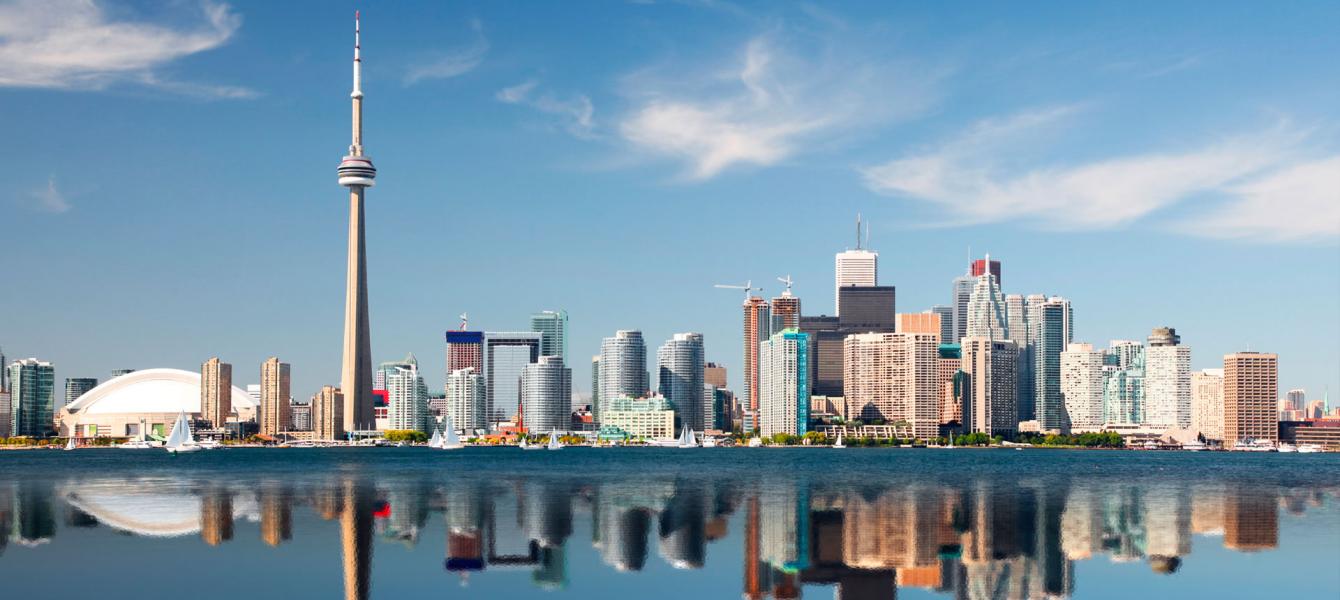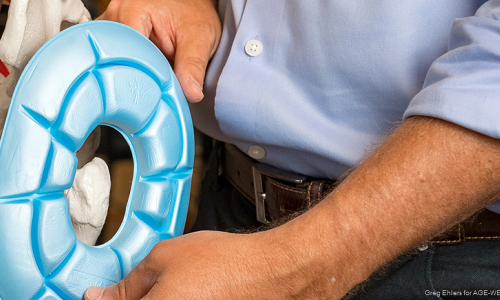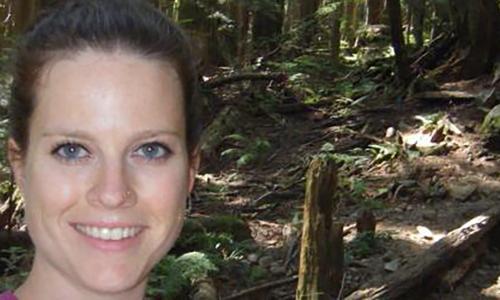
I got a co-op placement in Toronto with Hydro One Limited, the power giant in Ontario that covers major portions of the province. I’m nearly done with all my paperwork, but, because of the quick turnaround time, I only had two weeks to prepare for my departure. So, you might be thinking, what are the next steps? A lot of students may have this question in mind, so I am going to address it here. My thought was that if I document this transition-movement from Vancouver to Toronto, it would be a good idea for people to know the standard practices. So those of you who are planning to leave Vancouver for the first time for a co-op opportunity, this article will serve as a general planning guide.
So, before you go any further, try answering this question: what should you do exactly in that one or two weeks or months (if you have more time than I did) before going away for co-op? You can relax by enjoying your days off from school and meet friends to say goodbyes. However, in addition to this, you should spare some time to plan ahead for your upcoming destination. Below, I will take you step-by-step, in order of priority, through preparing for the upcoming transition. Keeping in mind that this list is in order of priorities specific to me and that you may have a different order of priority, so feel free to adjust the order of steps accordingly.
Step 1: Figure Out Your Method of Travel
First, you need to find out how to reach your destination. Let me refine my statement a bit here, by that I mean to check if you can fly there, drive or maybe catch a ferry, ride a train, etc. There are certain criteria that need to be considered here. First, how quick do you want to arrive at the destination? Do you want to reach your destination a day before? Maybe you want to visit a few cities before you start working? It all depends on your own discretion, so plan accordingly. Second, you should decide on your travel budget. Look at and compare the costs of all your options for getting to your destination. You may also want to consider, as I did, the value of your time versus cost. In my case, for travelling from Vancouver to Toronto, I had two options: I could have either flown or taken the train. I ended up placing a higher value on my time and choosing to fly as the train takes approximately four days to reach Toronto, whereas flying takes approximately four and a half hours.
Step 2: Find Housing Before Arriving
Next, you have to figure out where you will be living before you arrive at your new destination. There are a few reasons for this: the first is that travelling to a totally new place where you don’t know anyone and carrying around all of your belongings while looking for a house to rent is sheer madness. It’s way too stressful and will cost you a lot of time, effort and revenue going around finding a place after you have arrived. Second, there are so many scams out there that it is possible to be fooled. Standard practice would be to get a place upfront before you arrive and then arrive safely and stress-free with a space ready for you. There are numerous websites online that you can use to find a place such as Kijiji and Craigslist. Again, beware of scams and never e-transfer large amounts of money, as there is a high probability of getting scammed. A general way to know if someone is a scammer is by understanding what the person is asking for and how they are asking for it. They’ll make up a story along the lines of, "I’m out of town, just e-transfer me the money and I will arrange keys for you". Once again: do not transfer any large amounts of money to anyone online. Never ever! I have heard of cases where people were scammed like this.
In my case, I found a place online. The landlord wanted proof that I wouldn’t flee the place/breach the verbal agreement, so I paid a small deposit upfront, which reserved my place. This was a calculated risk as I didn’t pay the whole amount, but paid something to assure the landlord that I wouldn’t run away after we had agreed on a rental arrangement. Worst case scenario, if it was a scam, then this way I wouldn’t be losing a huge amount of money. Luckily, my landlord was genuine and I got the keys as I arrived at the place and paid the remaining amount after I was settled.
Step 3: Research Local Transit (If You Are Going to Commute to Work)
The third step and the most important one that a lot of folks tend to miss is the local transit. It is definitely recommended to spend some time understanding the transit structure and layout unless you can afford to drive to work every day. One reason to understand transit is that not every city in Canada has the same transit structure, nor are they operated by a single enterprise.
Toronto has various transit systems; here I mean multiple systems run by different companies across the Greater Toronto Area (GTA). If you look at Vancouver, we have one enterprise, TransLink, covering Metro Vancouver and the surrounding areas, which means similar or standard fares. But in Toronto, it’s different and is based on where you are staying. Some of the major companies associated with Downtown Toronto include the Toronto Transit Commission (TTC), which operates in the city of Toronto and the smaller areas around it. They also have services to and from the airport in Mississauga, although Mississauga does have their own separate transit system. Then there are GO trains mainly for long-distance commuting going to and from Toronto towards western areas like Mississauga and as far as Hamilton. On the eastern side, GO trains go to areas like Ajax and Oshawa. Finally, Toronto has the UP (Union-Pearson) Express, which runs from Toronto Downtown to Pearson International Airport in Mississauga. This service takes less time to reach its destination as compared to other transit routes.
Step 4: Update Personal Information Where Required
The fourth and last step is to update all the required information with your banks, telecom service provider, health and car insurance companies, Canada Revenue Agency (CRA) and, in some cases, Citizenship and Immigration Canada (CIC). In this era where info is easily available to everyone, there is a risk that your info can be exploited or used by scammers. Major reasons to follow this step include the potential of having your personal information sent to the wrong address, which can be used to access your bank, health care and other insurance accounts. Usually when you request a new card, it is sent with your personal information on it. If this information goes into the wrong hands, there is a possibility that they could steal your identity and your online banking assets. It might also be possible that, for example, your bank or telecom provider may think that your account information has been lost or stolen and can thus shut down your account temporarily, which can cause major inconveniences for you not having access to your bank or phone services.
In my case, I had to make a few calls to my telecom service provider, Medical Services Plan (MSP), the CRA, CIC, my bank and my previous workplaces so that they could update my address and take action accordingly. By taking action, I mean that my telecom service provider had to change my plan to an area-specific plan as I previously had a Vancouver-specific plan. Similarly, after calling MSP for health insurance, I was ensured that I am covered the same way as I was covered in Vancouver. Being an international student, it is really important to inform CIC because they will send letters for any updates to the given address. Those letters can include your study permit or off-campus work permit which can cause a problem if lost. Also, previous workplaces send tax documents to the address they have on file for you, and that information is critical for filing your taxes.
Although everyone’s cases may be different, this has been a general guideline meant to cover the major steps and considerations of moving to a new area. So, in summary: first find out your method of travel; second, sort out housing before you arrive; third, do some research on local transit; and fourth, contact and update information for your phone service provider, bank accounts, health care and any other applicable government services. With this information, I hope you have a safe and fun co-op experience in your new destination.















